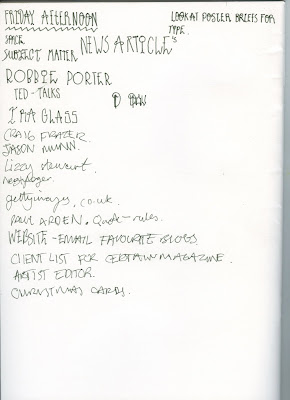For my dissertation I want to investigate what impact new technology formats have had on advertising. Digital technologies have evolved at a fast pace since the 80’s such as the Microsoft MS-DOS and Apple’s Lisa computer, which introduced the Graphical User Interface to today’s smart phones and internet advertising. These computers were the start of an era for pioneering the new digital age we live in. The technology since the 80’s to present has evolved fast and has had an impact and also created opportunities within advertising. It seems today most people use the Internet and have smart phones, which are great digital formats for targeting audiences at certain advertisements. Whilst the new technologies have rapidly developed as such speed I also want to find out what impact has this created within the advertising world.
I want to look into the advantages & disadvantages have the new digital formats have brought to advertising. Analysis advertisements from the 80’s to a present digital format advert to see whether or not the visual appearance of the adverts themselves has developed. Look into advertising strategies of advertising and how companies can receive evidence to see if the adverts are selling products. Also discuss restrictions regarding advertising designed for new formats. I think the four .. stated above based on research of visuals, target audiences, formats and restrictions are the four fundle mental principles I need to research into, to gain an understanding of what impact the new digital formats have had on advertising.
Chapter 1: Visual changes of advertising with the evolution of technology
The principles of advertisements are to sell a product or brand, from 80’s advertisements billboards and magazine adverts use language, Image and text to combine together to engage an audience with a product. This chapter will be analysing the visual development technology has had on adverts comparing 80’s traditional printed format adverts against screen based format adverts of present day. Both images I shall use to compare is an 1979 Coca Cola advert for Cicra magazine and a Facebook advert for Coca Cola, 2011. I have chosen to compare two adverts using the same brand, as this will make the investigation into the language, image and text fair because the purpose of the advert to sell the coca cola product is same objective.
Both adverts use similar language towards targeting the audience referring to the different dates they were produced for. The idea of the 1979 magazine is aimed at the working class 9 till 5 workers telling them to take a break. However in the Facebook advertisement the advert, the language used the phrase “Ahh Giver” suggesting interaction within the audience, to pass on a selected gift to another person using the Facebook social networking site. This is not a visual change but start of the user interaction era. The image has not evolved since the 80’s advert to the Facebook advertisement, both use image of the brand Coca Cola to support the text. The only difference visually is the appearance of the layout.






